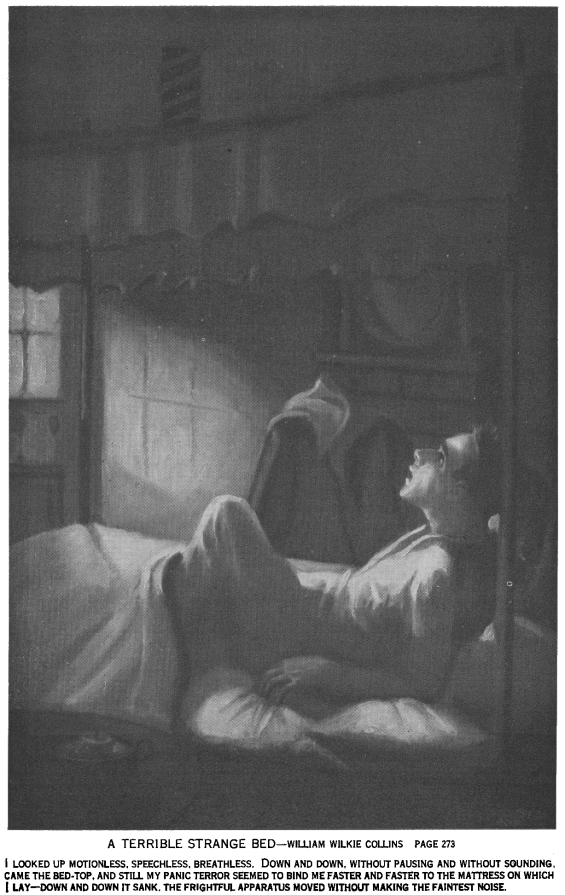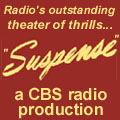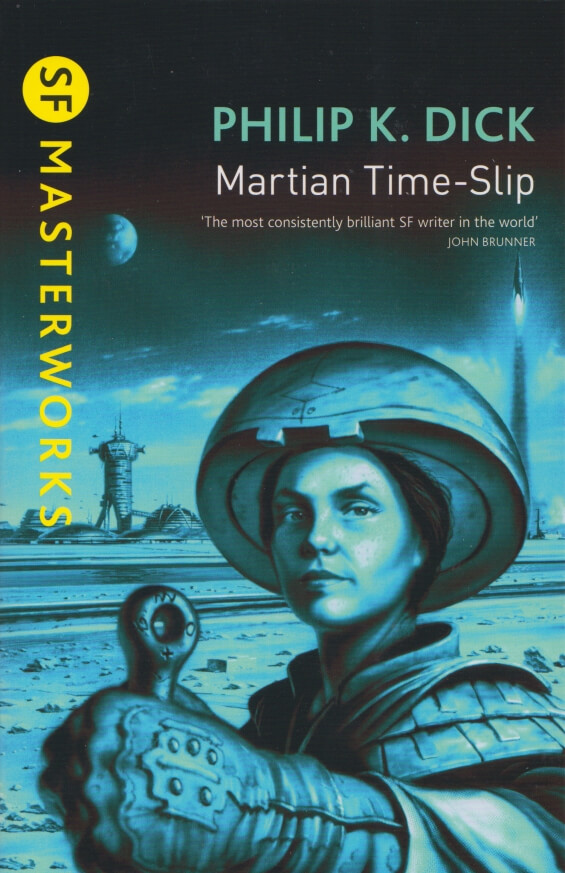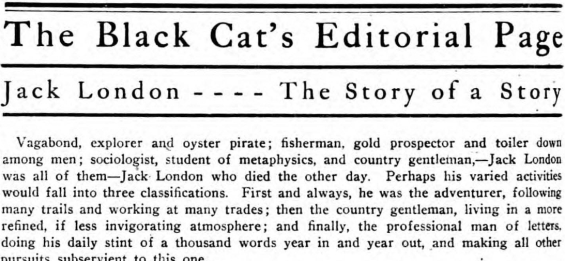
 The SFFaudio Podcast #292 –Jesse talks with John Betancourt, the publisher of Wildside Press, about copyright, the public domain, pulp magazines, author estates, comics, audiobooks, and ebooks.
The SFFaudio Podcast #292 –Jesse talks with John Betancourt, the publisher of Wildside Press, about copyright, the public domain, pulp magazines, author estates, comics, audiobooks, and ebooks.
Talked about on today’s show:
the Pulpscans Yahoo! Group, how to do copyright renewal searches properly, the tools, The Cold Equations by Tom Godwin, Astounding Science Fiction, two ways stories can be protected by copyright, before 1963, publisher renewals, author renewals, renewals after 1950 are on copyright.gov, 1923-1950, a text file for magazine renewals, and a text file for author renewals, Weird Tales, 1920s to the 1950s, OCR failures, looking for something to not be there, a very heavy burden, pseudonyms, false renewals, erroneous renewals, the pre-internet days, the Philip K. Dick estate’s copyright “pattern of abuse”, revisions, the 36 public domain Philip K. Dick stories, “they never got it wrong the other way”, a statistician could do something very interesting there, The Adjustment Bureau / Adjustment Team, the H.P. Lovecraft estate (if there is such a thing), the S.T. Joshi corrected texts, Home Brew (magazine) with Clark Ashton Smith, ebooks, paperbooks, and audiobooks, the Science Fiction Megapack, trademarking, licensing stories, horror, fantasy, golden age of science fiction, Lester del Rey, Westerns, length is not an issue in, Eando Binder, short stories in comics, Jack Binder, Captain Marvel, Whiz Comics, Captain Video, Tom Corbett, the Adam Link stories, Otto Binder, banned from Amazing Stories, “E” and “O”, unattributed short stories in comics, Fawcett Comics, Westbrook Wilson, Richard Lupoff, the space patrol stories, Joseph J. Mallard, a Nazi saboteur lost in the north woods, a dodge for a cheaper rate, silver age comics drop text stories, early DC Comics, Night Of The Living Dead, Zulu, fanzines in the public domain, Ray Bradbury in the public domain, copyright notification is no longer required, USA copyright lifetime + 70 years, 1984 by George Orwell is public domain in Canada but not yet in the USA, Donald A. Wollheim, a quasi-legal loophole, The Lord Of The Rings by J.R.R. Tolkien was briefly public domain in the USA, the scarcity of the Ace paperbacks of The Lord Of The Rings, the state of Ace doubles etc., unless it’s work made for hire, children’s books, Nancy Drew, Tom Swift, copyright compilation renewals, Analog renews a magazine…, how would we know if an author asks for his or her rights back?, the Guy de Maupassant Megapack, a victim of availability, Jules Verne, translations, a recent obsession, a gold mine [metaphor], an estimated 85% of books and stories published before 1964 are in the public domain, reading the letters pages of Weird Tales, Robert Bloch, spotty renewals, Ray Bradbury changed the name of stories a lot, pulp magazine editors, editorial meddling, respecting the text but keeping your job, annotated text links, nothing new can enter the public domain in the USA, corporate copyright to 95 years, the puppet Sonny Bono, life +70 years for authors is, 1922 and before is without question in the public domain in the USA, Mack Reynolds, buying author estates, Lester del Rey, H.B. Fyfe, unpublished manuscripts, John W. Campbell, Ellery Queen’s Mystery Magazine, archaeology for writers, 37 unpublished Mack Reynolds novels were thrown away, what is an author’s estate worth?, thousands of $$, R.A. Lafferty estate sold for $70,000.00, a major SF author’s estate was worth 1/4 million $$, the trend in ebooks, 14,000 different paperbooks and 1,100 ebooks and the ebooks earn 4 times as much as the paperbooks, the audiobook trend, Audible.com, Lois McMaster Bujold audiobooks, 200 audiobooks, a value added for authors, because Amazon owns everything…, a benign dictator forever?, when all competition is gone…, Amazon vs. Hachette, Amazon is demanding a higher and higher cut of ebook sales, 85% of ebook sales are through Amazon, a giant anti-trust situation, it’s like Highlander … there can be only one, when everything goes seamlessly into the Kindle…

Posted by Jesse Willis


 The Weird Circle – A Terribly Strange Bed
The Weird Circle – A Terribly Strange Bed

























